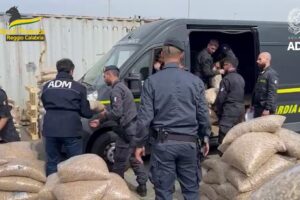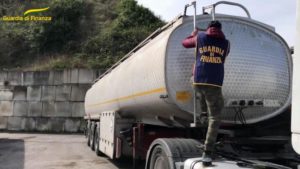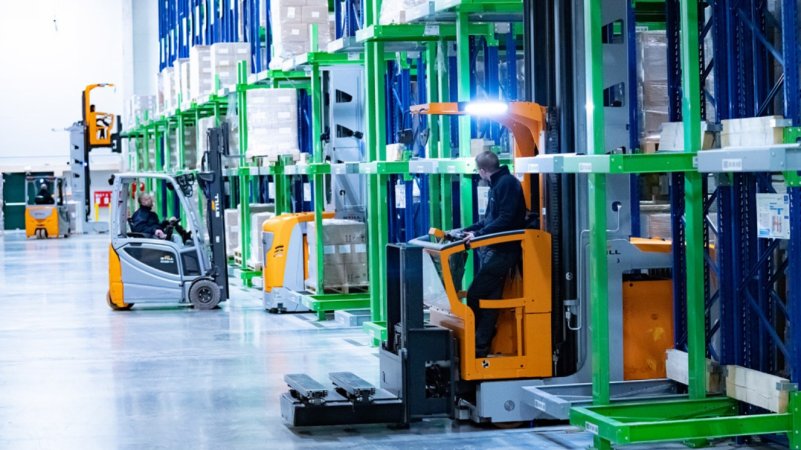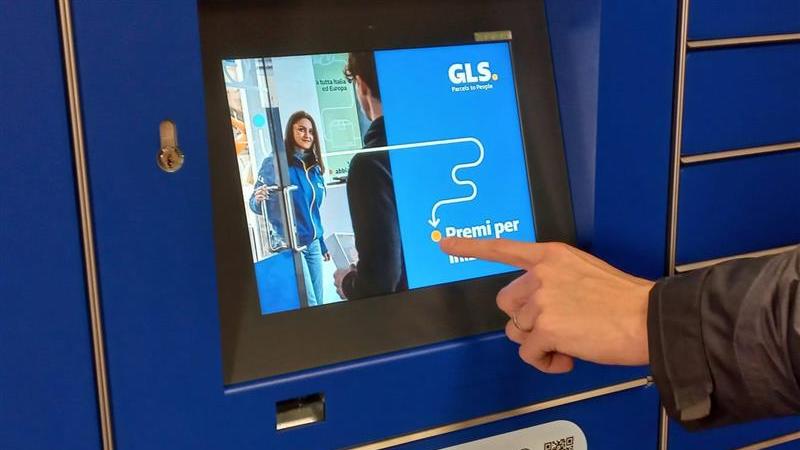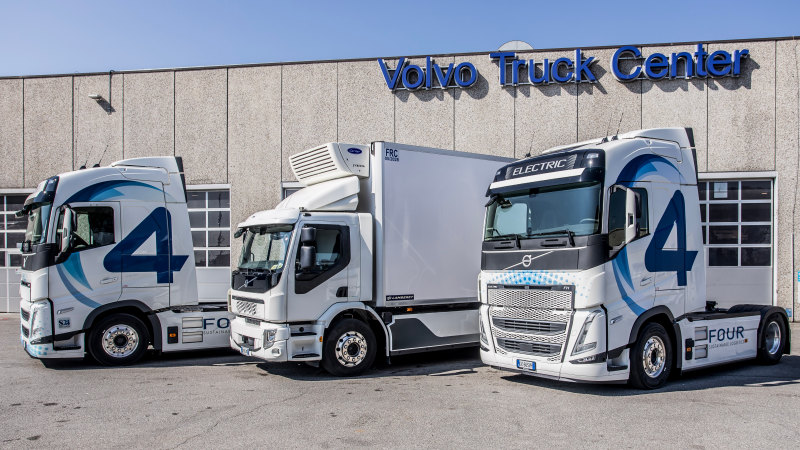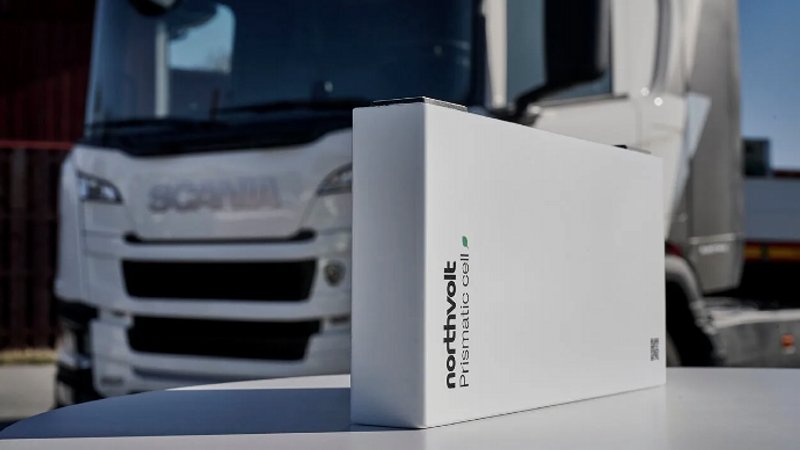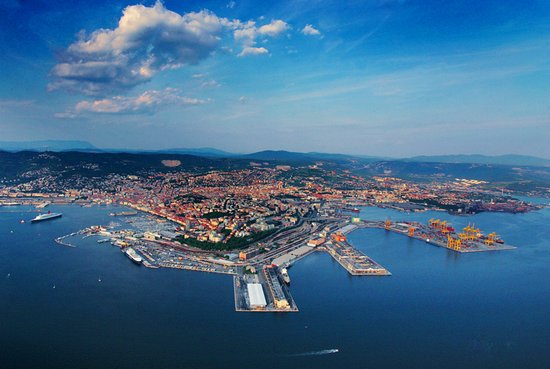Fuel trading is once again under scrutiny in Italy following an operation carried out by the Guardia di Finanza on 26 March 2025, which led to the preventive seizure of assets totalling 112 million euros. The operation, coordinated by the public prosecutor's office in Santa Maria Capua Vetere and conducted by Caserta's economic and financial crimes unit, uncovered a sophisticated fraud involving value-added tax, with implications for the entire petroleum distribution chain.
Preliminary investigations revealed a system based on the use of shell and intermediary companies, officially registered under front men and lacking any real business activity. These entities purchased fuel exempt from VAT and resold it, via a complex chain of invoicing, to genuine companies operating in the market. The fuel, acquired at prices significantly below market value, was then distributed to consumers through a network of around three hundred service stations across Italy.
The fraud operated in two distinct ways. The first, in use between 2018 and 2019, exploited a specific provision in the 2018 Stability Law which allowed certain 'reliable' entities to defer VAT payments. The companies involved in the fraud falsely presented themselves as qualifying for this status, despite being owned by individuals with previous tax offences and lacking any real structure or assets. The fuel purchased under VAT exemption was then sold through fake invoices to filling stations that failed to meet their tax obligations.
The second scheme, active between 2019 and 2021, was based on the fraudulent use of intent declarations. These declarations, designed for regular exporters, were falsely submitted by shell companies to claim VAT exemption on fuel sales. In these cases too, the legal requirements concerning excise duties were declared but never actually met.
Another key element of the scheme was the planned disappearance of intermediary companies. Once they had fulfilled their role in the tax evasion mechanism, these entities were liquidated or shut down, ostensibly due to cessation of activity, before they could be required to submit annual tax returns or make the corresponding payments. Through this method, approximately 600 million litres of diesel and petrol were introduced into the market, resulting in tax evasion close to 113 million euros.
The companies purchasing the fuel were able to reduce their taxable income by using invoices for non-existent transactions amounting to over 200 million euros. This not only enabled them to cut their tax liabilities, but also to offer fuel at highly competitive prices, significantly distorting the dynamics of the free market and putting honest operators in the sector at a disadvantage.










